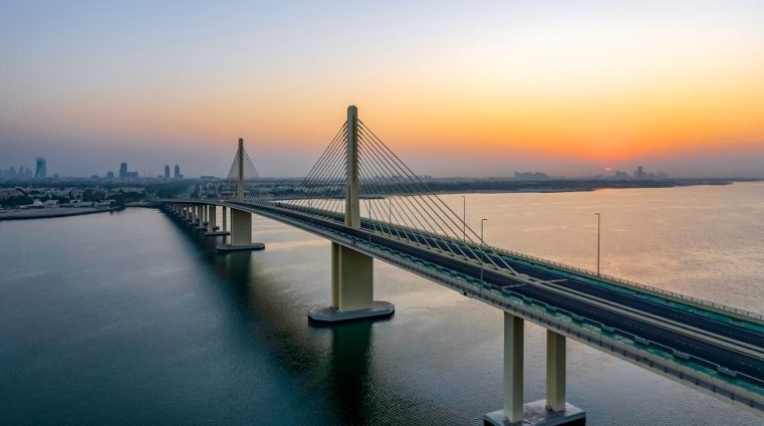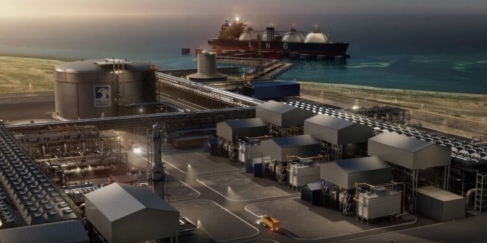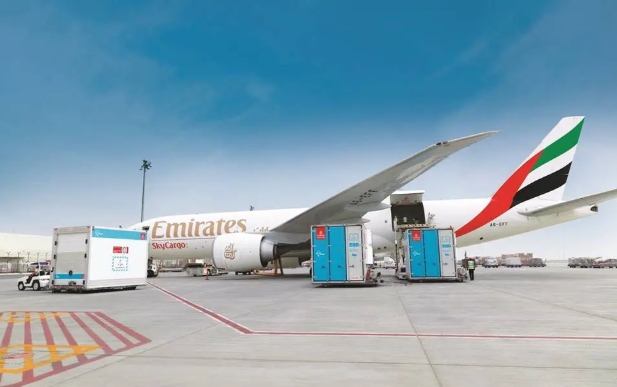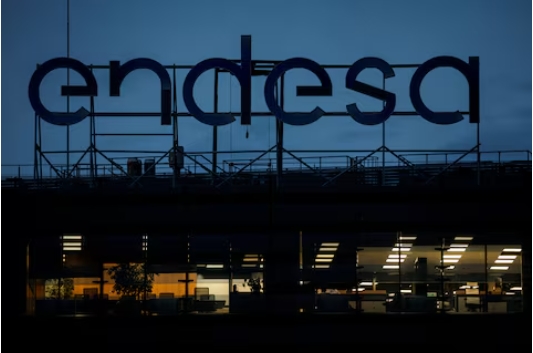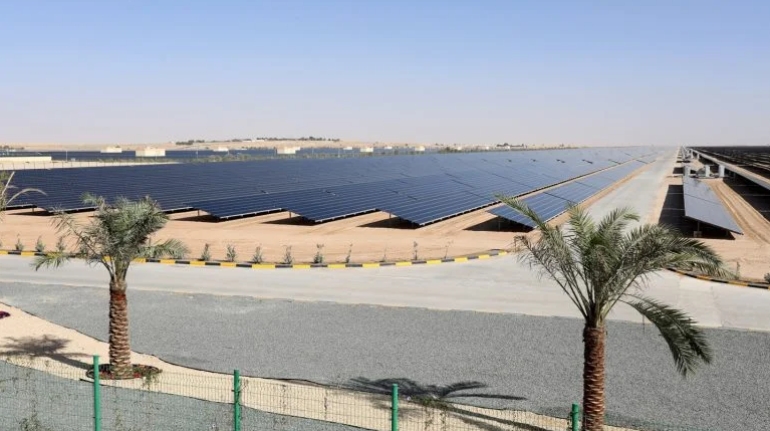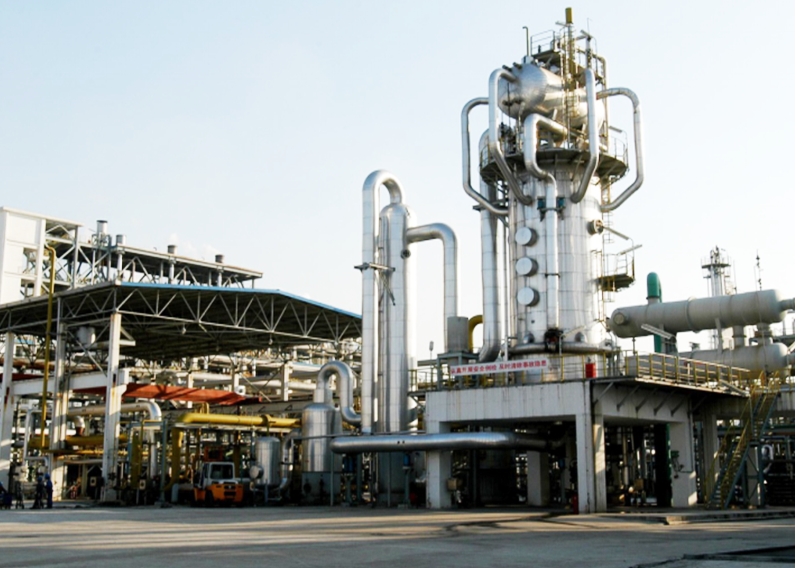:quality(70)/cloudfront-eu-central-1.images.arcpublishing.com/thenational/7DQMTRJBXCH3PMU5AYCXV6O44U.jpg) Turbines are seen at the Tafila wind farm in southern Jordan in a renewable energy project where Masdar operates the 117 WM Tafila Wind farm in Jordan. (Salah Malkawi for The National) *** Local Caption *** SM002_Wind.jpg
Turbines are seen at the Tafila wind farm in southern Jordan in a renewable energy project where Masdar operates the 117 WM Tafila Wind farm in Jordan. (Salah Malkawi for The National) *** Local Caption *** SM002_Wind.jpg
Masdar reported a 40 per cent jump in its clean energy capacity in 2021 as the Abu Dhabi-based company continues to expand its renewables portfolio globally amid efforts by governments to lower emissions.
The company's total electricity generation capacity, which also includes projects under construction, rose to more than 15 gigawatts last year, Masdar said on Monday.
Masdar’s operating clean energy portfolio also displaced almost 7.5 million tonnes of carbon dioxide in 2021, a 38 per cent rise compared to the previous year.
“In the year that the UAE unveiled its pioneering Net Zero by 2050 Strategic Initiative and was given the honour of hosting the Cop28 climate conference … we were able to continue our positive impact and help bring the UAE closer to its net-zero carbon objectives," said Mohamed Al Ramahi, chief executive of Masdar.
The UAE, Opec's third-largest oil producer, plans to invest Dh600 billion ($163bn) by 2050 in renewable and clean energy capacity and achieve net-zero emissions in the next three decades. The UAE will also host the 28th UN global climate talks in 2023.
In 2021, Masdar entered new markets including Azerbaijan, Armenia, Georgia, Greece, Iraq and Poland, extending its renewable energy investments to more than 40 countries with a combined value of more than $20bn.
:quality(70)/cloudfront-eu-central-1.images.arcpublishing.com/thenational/6VJ5WK5PN5BSPFP5EPKYROJ4QY.jpg) Suhail Al Mazrouei, Minister of Energy and Infrastructure, celebrates breaking new ground after the UAE agreed on new projects with Azerbaijan.
Suhail Al Mazrouei, Minister of Energy and Infrastructure, celebrates breaking new ground after the UAE agreed on new projects with Azerbaijan.
Three of the UAE’s energy giants, Adnoc, Taqa and Mubadala, will also team up with Masdar to form a clean energy powerhouse with a total renewable energy capacity of more than 23 gigawatts with the expectation of exceeding 100 gigawatts. However, Masdar did not say by when they aim to hit that target.
“Masdar and our sustainability mission will scale even greater heights going forward,” Mr Al Ramahi said. “With our new shareholders and structure in place, we are looking to significantly grow our global clean energy capacity.”
Last week, Masdar broke ground at the site of a $200 million solar power plant that will be built in Azerbaijan's capital and signed preliminary agreements for more deals in the country.
The 230-megawatt Garadagh plant in Baku is the country’s first foreign investment independent solar power project. It is expected to start commercial operations in 2023.
The company also signed an agreement with the government of Armenia to develop a 200MW solar photovoltaic plant, which will be the West Asian nation's largest utility-scale solar facility.
The Ayg-1 project will be developed on a design, finance, build, own and operate basis and will be 85 per cent owned by Masdar, with the state-owned Armenian National Interests Fund holding 15 per cent, Masdar said last year.
Masdar also signed an agreement with Iraq’s Ministry of Electricity and National Investment Commission to implement the first phase of solar projects that will boost the country's goal of generating 20-25 per cent of its energy from renewables, equivalent to 10-12 gigawatts by 2030.
The company is also involved in the development of the world's largest solar plant at Al Dhafra in Abu Dhabi. The 2-gigawatt plant is expected to be fully operational this year.
